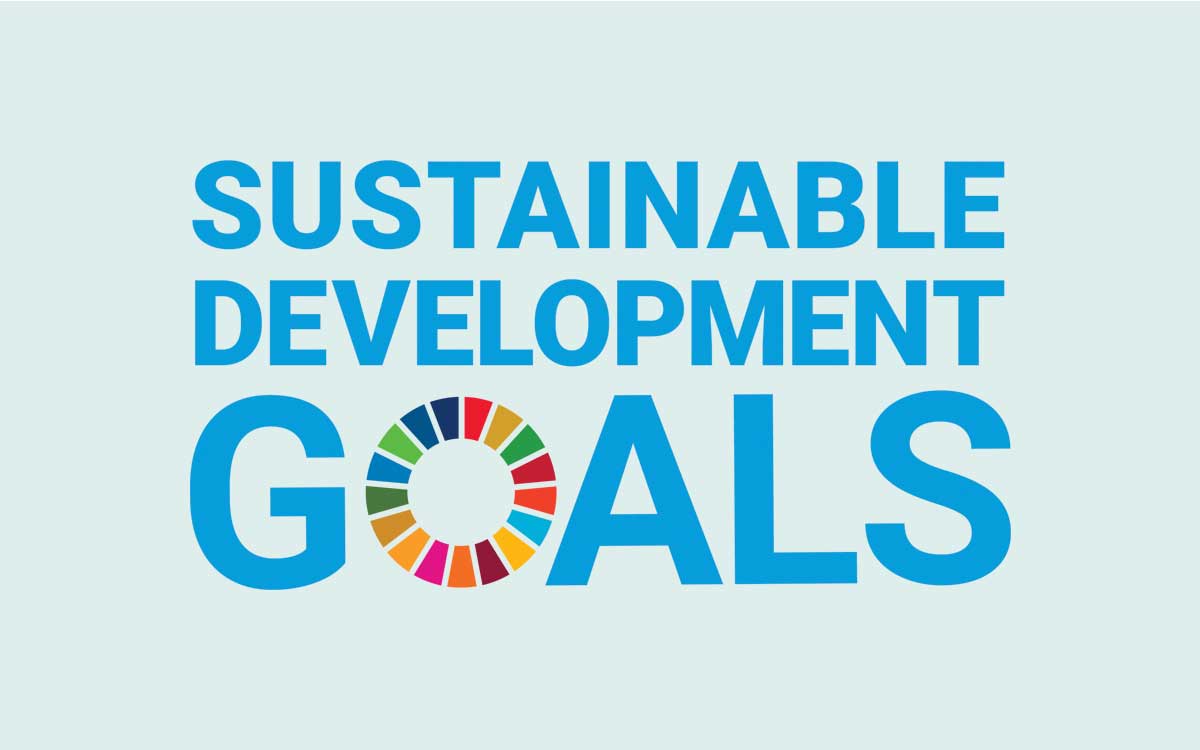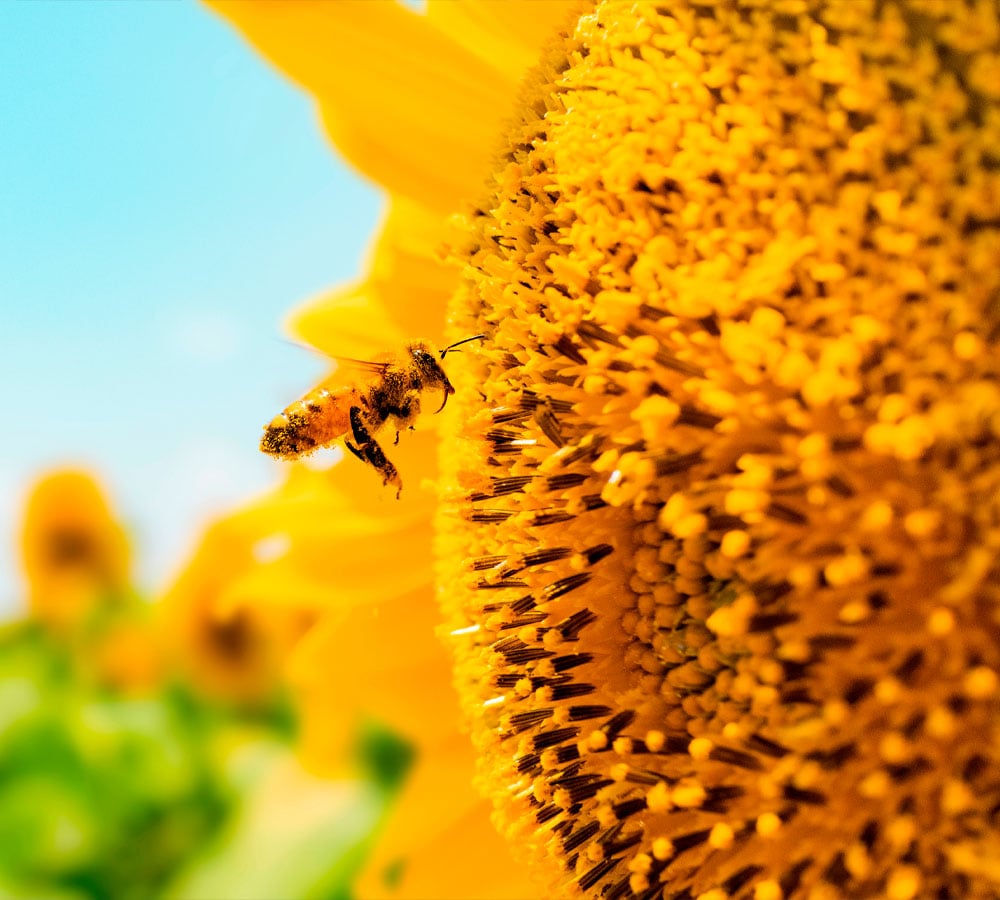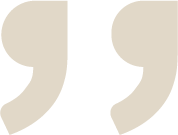From Green Deal Sustainable Care to Green Deal Circular Building: hundreds of projects have now been launched in the Netherlands and Belgium under the Green Deal banner. In the Netherlands, as many as 238 deals have been signed since 2011. In Belgium, the program is still in its infancy, but the number of initiatives is growing rapidly. Many of them are directly related to waste reduction and circular economy. But what does such a Green Deal actually entail?
In this blog, we explain what exactly a Green Deal is, how you can participate in it as an organization, and which Green Deals are currently in progress in both the Netherlands and Belgium.
What exactly is a Green Deal?
A Green Deal is a voluntary collaboration between the government and companies, industry associations or other social initiatives. Together they commit to a concrete project that contributes to a more sustainable Netherlands or Belgium.
The term Green Deal encompasses the EU's plan to become climate neutral by 2050. Member states implement this in their own way, including through this voluntary cooperation in the Netherlands and Belgium.
A Green Deal project often deals with social or ecological challenges with a broad impact - for example, on several sectors or links in the chain. Such projects are often so large or innovative that they are difficult to get off the ground without government support, partly due to legislation and regulations. Think of reducing residual waste in healthcare, better waste separation at festivals or stimulating the reuse of packaging in the food sector.
A Green Deal is not a subsidy. The government does not make money available, but it does support initiatives in other ways. For example, interested parties who participate in a Green Deal are brought into contact with policymakers and inspectorates. This increases the chances of structural solutions because there is more support and administrative involvement from the beginning.
Another form of support from the government is official status as a Green Deal from the central government or Flemish Government. Projects that receive this recognition are listed on government websites which increases trust with partners and financiers. They are also allowed to actively use the title Green Deal in their campaigns.
Who issues the Green Deal name, and how exactly does it work?
In the Netherlands, the Green Deal program was established in 2011 by the central government, with the goal of bringing businesses and civil society parties together in sustainable initiatives.
Organizations working together on a concrete project could submit a proposal to the government.This had to make clear what the initiative contributed to a more sustainable Netherlands, which parties were involved, and which legislative or regulatory bottlenecks they encountered. After approval by the central government, the project could call itself an official Green Deal.
A concrete example
A practical example is the Green Deal coffee pads and tea bags with the VGF waste. At first glance, it appears to be a relatively small Green Deal. However, it has a big impact.
For a long time it was unclear to producers and consumers whether coffee pods and tea bags could be disposed of with organic waste. Many variants contain plastic fibers that do not break down in composting plants. This can leave plastic residue in the compost, the end product of the GFT process. That lowers the quality and makes it less useful in agriculture or horticulture. 
In 2021, the Green Deal "coffee pods and tea bags with the GFT" was launched on the initiative of Coffee & Tea Netherlands, together with the central government, the Waste Management Association and Unilever, among others. The goal: to develop compostable alternatives.
Thanks to this collaboration, new coffee pads and tea bags have been developed without plastic fibers. By the end of 2022, more than 93% of tea bags and almost 97% of coffee pads available on the Dutch market already met the new compostability requirements. Since 2023, they are therefore officially allowed in the GFT bin.
This change provides the Netherlands with about 88 million extra compost on an annual basis. That means: less incineration costs: more nutrition for the soil and better reuse of organic material in the cycle.
New Green Deal applications Netherlands
In the Netherlands, new applications are now no longer possible. The Green Deal approach it ized to accelerate innovative cooperation and make visible bottlenecks in laws and regulations.
In recent years, the insights from the Green Deals have been incorporated into broader government policy on the circular economy. Consider the government-wide program Nederland Circulair in 2050, which is working towards a fully circular economy in 2050. In it, the lessons from Green Deals are translated into concrete measures: think of bills, reporting obligations or agreements on producer responsibility.
New Green Deal applications Belgium
In Belgium, the Green Deal program is still developing. Whereas the Netherlands had been working with Green Deals since 2011, the initiative in Belgium only started in 2022. This explains why organizations there can still apply for new deals or join existing initiatives, unlike in the Netherlands.
The Flemish government organizes Green Deals through the Environment Department. Companies, governments and civil society organizations can join existing deals or respond to new calls around a specific theme. Each Green Deal in Flanders must align with the Flemish Strategy for Circular Economy and contribute to specific Sustainable Development Goals (SDGs), such as SDG 12 (responsible consumption and production or SDG 13 (climate action).
What Green Deals are there in the Netherlands and Belgium?
Since its inception in 2011 in the Netherlands, a total of 238 Green Deals have been signed. Most of these have now been completed. Only a few more new deals have been started in the past five years, with the last projects being completed by 2026 at the latest.
Examples of Green Deals now being implemented in the Netherlands :
- Sustainable Care 3.0 - focusing on waste reduction, recycling and material-conscious purchasing within healthcare facilities. As the name suggests, this is the third Green Deal in this sector. What has changed in version 3.0 compared to its predecessors can be read in this blog.
- Green Deal Circular Festivals- focused on reducing waste at events. Think about using reusable cups and improve and encourage waste separation on festival grounds.
A good example is Lowlands, where visitors were helped to separate their waste correctly through interactive "rubber duck campaigns.
This Green Deal brought dozens of festival organizers, municipalities and suppliers together to jointly reduce the ecological footprint of events.
- Green Deal Protein-rich crops- focuses on increasing the cultivation and consumption of locally produced plant proteins (such as field beans). The goal is to reduce dependence on imported soy protein while improving soil quality in the Netherlands.
Examples of Green Deals now being implemented in Belgium :
- Green Deal Circular Construction-is about reducing waste in construction. More than 320 construction companies, architects and governments are working together to reuse materials as much as possible. This way, less construction waste remains and fewer new raw materials need to be used.
- Green Deal Inland Shipping- is intended to make inland shipping cleaner and more economical. Companies, ports and governments are working together on ways to emit fewer harmful substances on the water. For example, by sailing on electricity or other cleaner fuels. They are also looking at how ships can be loaded better, so that they can carry more cargo in one go and return empty less often. This saves fuel and emissions.
- Green Deal Different Packaging- aimed at reducing disposable packaging in the distribution sector. More than 80 companies and organizations, including supermarkets and manufacturers, are working together to find alternatives to single-use packaging. Think refill stations for cleaning products or reusable packaging for food. The goal is to use 15,000 tons less disposable packaging in Flanders.
Unfortunately, we are not there yet
Green Deals show how companies, governments and sectors are working together to make the Netherlands and Belgium more sustainable. Initiatives such as compostable coffee pads or waste separation at festivals contribute directly to less waste and a circular economy.
But despite these nice steps, we are not there yet.
Worldwide, pressure on raw materials is increasing due to economic growth, population growth and climate change. Geopolitical tensions and the availability of raw materials are also influencing this.
Despite the fact that the focus on circular economy has risen sharply in recent years- reality shows something different:
Globally, only 6.9% of the economy is still circular: down from previous years.
To know where we really stand, we surveyed 500 organizations in the Netherlands and Belgium to find out how far they are with circularity, what steps they are taking and what they are up against.
The insights are surprising and urgent.
Staying uptodate
Stay up to date on all the new developments? Follow us onLinkedIn, listen to the podcast 'Feedstock to Think' or subscribe to the newsletter. Are you curious about what Milgro can do for your operations and waste process? Then get in touch.
















